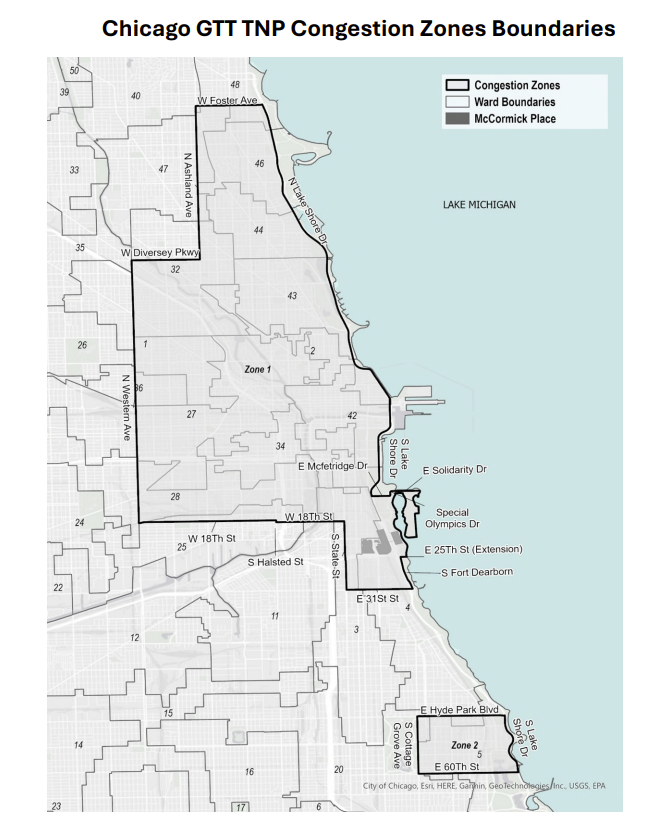Five UChicago faculty members were recently awarded the 2015 Sloan Research Fellowship which recognizes young scientists and academics for outstanding research and potential. The fellowship, which is organized by the Alfred P. Sloan Foundation, awards early-career researchers approximately $50,000 over a two-year period. Research must be completed in one of eight fields: chemistry, computer science, economics, mathematics, computational and evolutionary molecular biology, neuroscience, ocean science, and physics.
This year, 126 Sloan fellows were chosen from universities across the United States and Canada. Since 2011, four to six UChicago faculty have been awarded the Sloan Research Fellowship annually, and since 1955, hundreds of UChicago faculty have been awarded the Fellowship, particularly in the areas of mathematics, physics, chemistry, and economics. Faculty are nominated for the award by fellow scholars and are chosen based on their past research achievements and their potential to make substantial contributions to their field.
UChicago’s 2015 fellows are two economists, a statistics professor, a biologist, and a geophysicist.
Jian Ding is an assistant professor in statistics. Ding’s main research interests are probability theory and statistical physics. In his research, he has applied theories regarding probability to problems in the areas of physics, biology, machine learning, and social networks.
Magne Mogstad is an assistant professor in economics. Mogstad researches applied microeconomics, particularly labor and public economics. He is currently working on a project using data from Norway to examine the causes and consequences of the rise in disability insurance receipt.
“A striking pattern over the past 50 years has been the large and steady rise in participation rates in sickness and disability related programs,” he said. “Of particular interest is the rise in the disability insurance receipt. This is in part because disability insurance is the largest social insurance program in most industrialized countries, but also because … few individuals who go onto disability insurance re-enter the workforce at a later date.”
Eric Budish is an associate professor of economics at the Booth School of Business and a microeconomist and game theorist who studies market design. He has published papers about investments in long-term health care research and matching problems, such as assigning students to course schedules or workers to shift schedules.
Budish is currently working on a study of high-frequency trading and market design. He is an advocate for market design change so that stock trading can only happen in discrete time intervals, rather than in continuous time. His research has shown that trading in continuous time, which involves immediate execution of transaction orders, leads to the high-frequency trading arms race, allowing for a large amount of arbitrage in the stock market.
Stephanie Palmer is an assistant professor of organismal biology and anatomy. She works with a group of theory and computational neuroscientists and is currently collaborating with a group of experimental scientists both at the University and at the Marine Biology Lab in Woods Hole, MA.
“My research aims to understand a ubiquitous and complex computation in the brain: prediction. We use the visual system to explore how the brain, even as early as the retina, encodes best estimates of the future positions of moving objects in the world,” Palmer said.
The fifth Fellow is Tiffany Shaw, an assistant professor in the geophysical sciences specializing in the physics of weather and climate. Shaw came to UChicago from Columbia University and the Courant University of Mathematical Sciences. Specifically, she researches the transportation and interaction of moisture with large-scale flow patterns.
The Sloan Foundation funds a number of other programs focusing on science, technology and economics, such as the Sloan Digital Sky Survey, the Encyclopedia of Life and STEM Higher Education.







